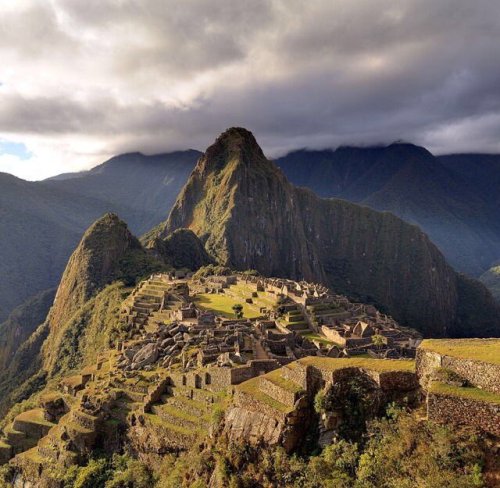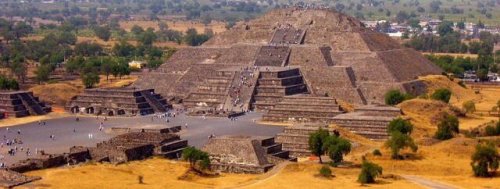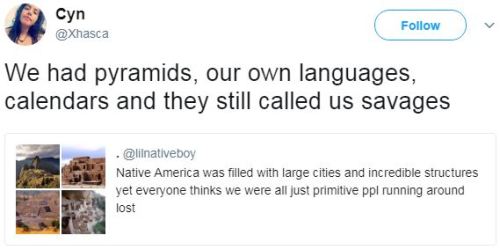robotsandfrippary:99laundry:gogomrbrown:I learned in a Latin Studies class (with a chill white dude
robotsandfrippary:99laundry:gogomrbrown:I learned in a Latin Studies class (with a chill white dude professor) that when the Europeans first saw Aztec cities they were stunned by the grid. The Aztecs had city planning and that there was no rational lay out to European cities at the time. No organization.When the Spanish first arrived in Tenochtitlan (now downtown mexico city) they thought they were dreaming. They had arrived from incredibly unsanitary medieval Europe to a city five times the size of that century’s london with a working sewage system, artificial “floating gardens” (chinampas), a grid system, and aqueducts providing fresh water. Which wasn’t even for drinking! Water from the aqueducts was used for washing and bathing- they preferred using nearby mountain springs for drinking. Hygiene was a huge part if their culture, most people bathed twice a day while the king bathed at least four times a day. Located on an island in the middle of a lake, they used advanced causeways to allow access to the mainland that could be cut off to let canoes through or to defend the city. The Spanish saw their buildings and towers and thought they were rising out of the water. The city was one of the most advanced societies at the time. Anyone who thinks that Native Americans were the savages instead of the filthy, disease ridden colonizers who appeared on their land is a damn fool.They’ve also recently discovered a lost Native American city in Kansas called Etzanoa It rivals the size of Cahokia, which was very large as well. -- source link





